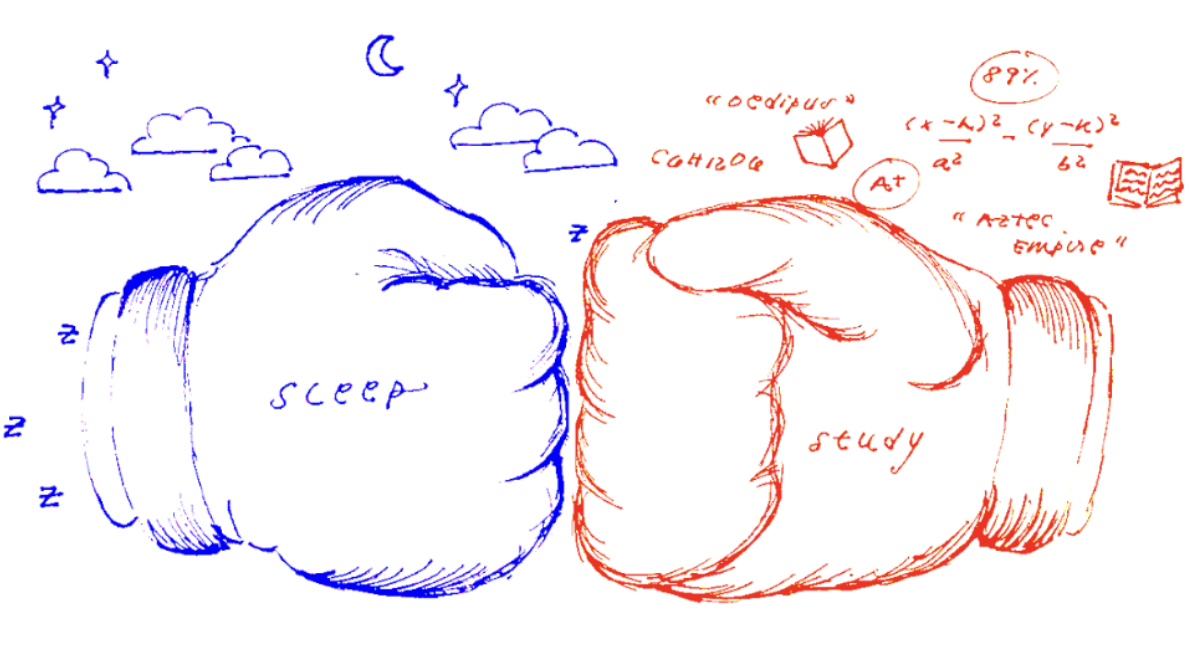“Smaller countries need this partnership, and this role played by China,” stated Syrian President Bashar al-Assad during a visit to Hangzhou late this September. Syria joined China’s Belt and Road Initiative in January 2022; China has most recently offered to rebuild war-torn Syria’s shattered economy in September 2023. While some appreciate China’s support through this initiative, many see it as a debt trap and view it with skepticism. Cracks in the facade of the Belt and Road Initiative are already showing, exposing it as a tool to establish Chinese hegemony across the globe.
China’s president, Xi Jinping, founded the initiative in 2013 with the goal to increase connectivity throughout Asia by building massive railway networks, energy pipelines, and highways. From then on, China has funded an enormous number of infrastructure projects, and has made countless investments focused on creating jobs from El Salvador to Mali to New Zealand. Often referred to as the “New Silk Road,” the initiative has been joined or has attracted the interest of 147 countries.
It has most significantly impacted Africa, where China holds investments in fifty-two out of fifty-four countries. Because of these partnerships, China has experienced great military, economic, and political growth. In 2017, the People’s Liberation Army built its first overseas military base in Djibouti. China further benefits from this project through increased international use of Chinese currency, the renminbi. The initiative’s increase of connectivity in its target countries through railroads also profits China by allowing for more efficient trade. In Africa, it enables China to use maritime routes and trade with coastal cities to obtain raw materials from the interior reaches of the continent, such as oil in northwest Sudan, in exchange for manufactured goods and Chinese labor.
China’s support of these countries increases its global influence and provides an alternative to US-led international order. This is a blow to American leadership as the US has been unable to provide an appealing second option for these growing countries seeking loans and investments without excessive conditionalities.
For Syria, the Belt and Road Initiative brings financial support and a powerful ally to its side. In his visit, Assad asserted that Jinping’s plans of partnership are based on “a new principle, not about hegemony.” The two leaders then announced the new China-Syria strategic partnership, which will focus on joining the two nations together to stand against injustice around the world, continuing to strengthen their relationship and alliance, and rebuilding the Middle Eastern country.
However, many are suspicious of this alliance, and wonder what China is seeking to gain from investing in Syria as it plunges increasingly into unrest and hyperinflation. It is likely that they are looking farther into the future, in which a rehabilitated Syria could be a powerful asset in the region, and would provide access to crucial ports on the Mediterranean.
Specifically, China’s seemingly philanthropic intentions are under scrutiny; many believe that as it continues to collect debt from countries unable to pay them back, its control over these states will only rise. Sri Lanka is a clear example of China’s true motives. In 2017, Sri Lanka found that it was unable to pay back its debt to China for the construction of a deep sea port on its southern coast, so China seized it for 1.12 billion dollars in a ninety-nine year lease. Essentially, China led Sri Lanka into a debt trap, then took advantage of it by seizing a strategically placed port in close proximity to busy Indian Ocean shipping routes.
China’s Belt and Road Initiative is a ploy to increase its power and gain influence by using lower income countries as pawns. As western countries have done in the past and continue to do to this day, China is taking advantage of less powerful nations through a guise of well-meaning support. No matter how helpful this project is for its beneficiaries in need, it will be destructive in the future, restricting its members’ freedom and self-governance through heavy debt.







